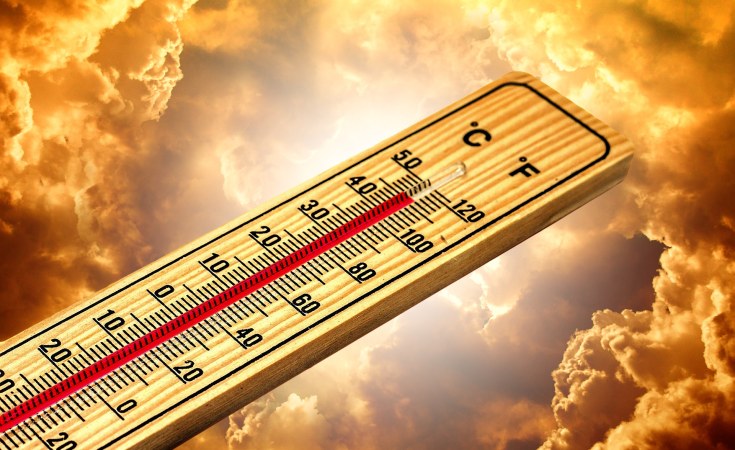Around the world, temperature records are being broken in countries in Africa, Europe, America and Asia. The planet experienced its hottest day on record at the beginning of July 2023.
This is not totally unexpected. Scientists had warned that if the rise in global temperature was not limited to 1.5°C, the world could face a severe threat from extreme heat. As it is, the 1.5°C target seems unattainable. A recent UN report did not see a credible pathway to achieving this goal.
In a recent article for The Conversation UK, scientists Jesus Lizana, Nicole Miranda and Radhika Khosla described how countries in the tropics would see the largest absolute increase in extreme heat if the global temperature rise moved from 1.5°C to 2°C.
In their published research, they indicated that countries in central and sub-Saharan Africa, such as the Central African Republic, Burkina Faso, Mali, South Sudan, Chad, Cameroon, Congo, Democratic Republic of Congo and Nigeria, would be hit the hardest.
Experts writing for The Conversation Africa have also touched on these issues and how to survive them. Here, we've collated three of these articles.
1. Heat officer to the rescue
Increasingly threatened by dangerous temperatures, Freetown, Sierra Leone's capital, appointed a chief heat officer earlier in the year.
The chief heat officer - the first in Africa - has the responsibility of raising awareness about extreme heat, improving responses to heat waves, and collecting, analysing and visualising heat impact data for the city, which is home to 1.2 million people.
Architect and researcher Olumuyiwa Adegun explains that Sierra Leone had to take steps because in 2017, the Intergovernmental Panel on Climate Change ranked the west African country third, after Bangladesh and Guinea Bissau, on its list of countries most vulnerable to climate change.
Read more: Africa's first heat officer is based in Freetown - 5 things that should be on her agenda
2. Knowing where and when it's too hot in southern Africa
Heat stress is not just uncomfortable; it can be dangerous. To create a detailed picture of when and where heat stress occurs in southern Africa, a group of scientists - Sarah Roffe, Adriaan van der Walt and Jennifer Fitchett - applied a human thermal comfort index to regional data.
They found that there has been a consistent change in thermal comfort - the human body's experience of the outdoor thermal environment - from the 1970s to today.
Their findings confirm that southern Africans are experiencing heat stress more often than in 1979.
Read more: Heat stress is rising in southern Africa - climate experts show where and when it's worst
3. A vote for climate resilient primary healthcare
Climate change events in Africa have implications not just for the environment but for people. Impacts include injuries, diseases and death.
Considering that climate events place the health systems of affected countries under strain, scientists Bob Mash and Christian Lueme Lokotola reviewed the level of preparedness of African primary healthcare systems. They found these systems were poorly prepared for the impacts of climate change.
The scientists then identified five key questions that health systems must answer in order to build more resilient primary healthcare in the face of climate change.
Read more: Five questions for African countries that want to build climate-resilient health systems
Adejuwon Soyinka, Regional Editor West Africa


